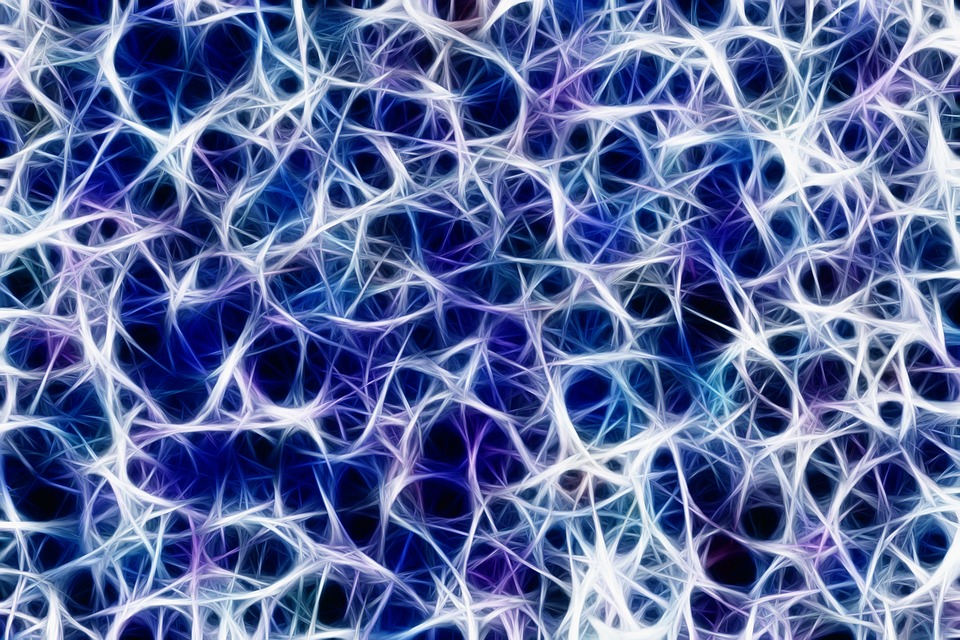
The nervous system is divided into two main parts: the central nervous system (CNS) and the peripheral nervous system (PNS). The CNS includes the brain and spinal cord, while the PNS consists of all the nerves that connect the CNS to the rest of the body.
Within the CNS, there are billions of neurons, or nerve cells, that communicate with each other through electrical signals. These neurons are connected by synapses, which are specialized junctions where signals are transmitted between cells. The brain alone has an estimated 86 billion neurons, each of which can form thousands of connections with other neurons.
The PNS is responsible for transmitting information between the CNS and the rest of the body. This system includes sensory neurons, which carry information from sensory organs to the brain, and motor neurons, which transmit signals from the brain to muscles and glands. The PNS also includes the autonomic nervous system, which controls involuntary functions like heartbeat and digestion.
One of the most remarkable aspects of the nervous system is its plasticity, or ability to change and adapt in response to experience. This plasticity is crucial for learning and memory, as well as for recovery from injuries like strokes or spinal cord damage.
However, this plasticity also means that the nervous system is susceptible to disorders and diseases. Conditions like Alzheimer’s disease, Parkinson’s disease, and multiple sclerosis all involve disruptions to the normal functioning of the nervous system. These disorders can have devastating effects on a person’s ability to move, think, and feel.
Despite the challenges it presents, the complexity of the human nervous system is also what makes us uniquely human. Our ability to reason, to create, and to feel emotions all stem from the countless connections within our brains and nervous systems. As scientists continue to unravel the mysteries of the nervous system, we gain greater insight into what makes us who we are.




























Add Comment